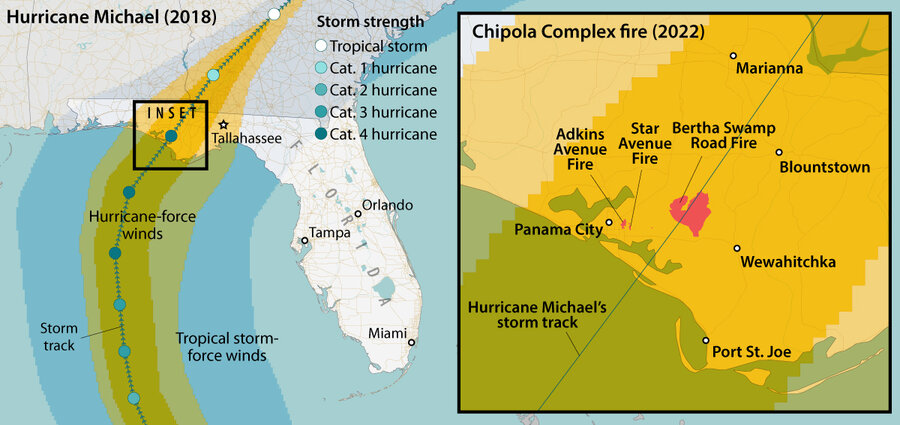The latest round of negotiations between Iran and other nations has produced a surprise draft nuclear agreement. But can the parties find a way to rebuild enough trust to keep moving forward?
Monitor Daily Podcast
- Follow us:
- Apple Podcasts
- Spotify
- RSS Feed
- Download
 David Clark Scott
David Clark Scott
After nine years behind bars in Michigan, Davontae Sanford is a wealthy and grateful young man. But his path to prosperity wasn’t his choice.
When he was 15, Mr. Sanford pleaded guilty to second-degree murder in the shootings of four people in 2007. He took a plea deal, he said, only because he felt helpless and poorly represented by a lawyer. In 2016, Mr. Sanford was released after a professional hit man confessed in detail to the same murders and the law schools at the University of Michigan and Northwestern University got involved.
Earlier this year, Mr. Sanford reached a $7.5 million settlement agreement with the city of Detroit for his wrongful conviction and incarceration.
How many Davontae Sanfords are there? The percentage of wrongful convictions in the United States is somewhere between 2% and 10%, according to the 2019 annual report by the National Registry of Exonerations. That suggests the number of innocent people behind bars could be from 46,000 to 230,000.
Mr. Sanford is back in the news – this time for his expression of forgiveness, gratitude, and generosity. On Tuesday, he spent several hours giving away $25,000 in free gas for older people and women at a BP station in downtown Detroit. “It’s only right I give back to the city and I give back to the most vulnerable,” he told WJBK-FOX 2 news in Detroit.
“I want to be normal,” he said, adding that “normal” meant doing things that he couldn’t do while in prison. “Now I have the chance and opportunity, so I’m going to embrace them with gratitude.”
Now that’s an inspiring concept of “normal.”











